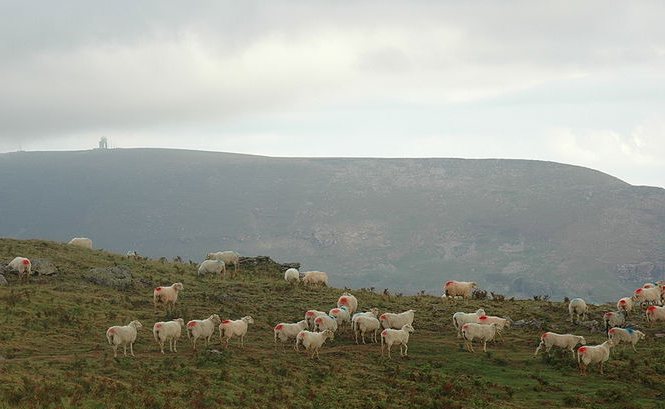
Recent heavy rains across the UK have maintained the high risk of liver fluke in sheep and cattle, and SCOPS Chairman Peter Baber has stressed the need for farmers to urgently contact their vet or prescriber to discuss a fluke control programme.
The wet summer led to the SCOPS group putting out an alert at the end of summer warning the fluke risk would be high and that farmers should discuss the situation on their farms with their prescriber.
The fluke challenge has, as anticipated, been very high this year and the traditional treatment times are no longer applicable. Mr Baber said none of the flukicides are persistent so the minute the stock graze fluke-infested pasture again they get re-infected. And given that fluke numbers are so high, sheep may show clinical disease only 4-5 weeks after treatment.
In the autumn acute disease caused by the immature fluke is most prevalent in sheep so treatments should kill these immature flukes and triclabendazole (TBZ) is the treatment of choice, unless it is not effective on your farm. If a produce does not appear to be working, be aware that while resistance to some flukicides does occur, reinfection is more common.
Another reason for drenches apparently not working is underestimating the weight of the animals, especially adult ewes. Any underestimation could make the dose inadequate and severe consequences can occur.
Lesley Stubbings of SCOPS says: “There are very limited medicines available to kill the very young flukes. It is vital for farmers to investigate any apparent treatment failures so you can make good decisions on how to control fluke for the rest of this year and the years to come.”
Anthelmintics on their own may not be enough in very badly affected areas. If animals can be moved to any dry ground available or even housed this will help reduce the challenge the animals are receiving.
Rumen fluke has been diagnosed on some farms but, unless you have a problem diagnosed, liver fluke is still the main threat. The treatment for rumen fluke is oxyclozanide, which only kills adult liver fluke, so using it at this time of year could leave your animals at risk from acute liver fluke.
